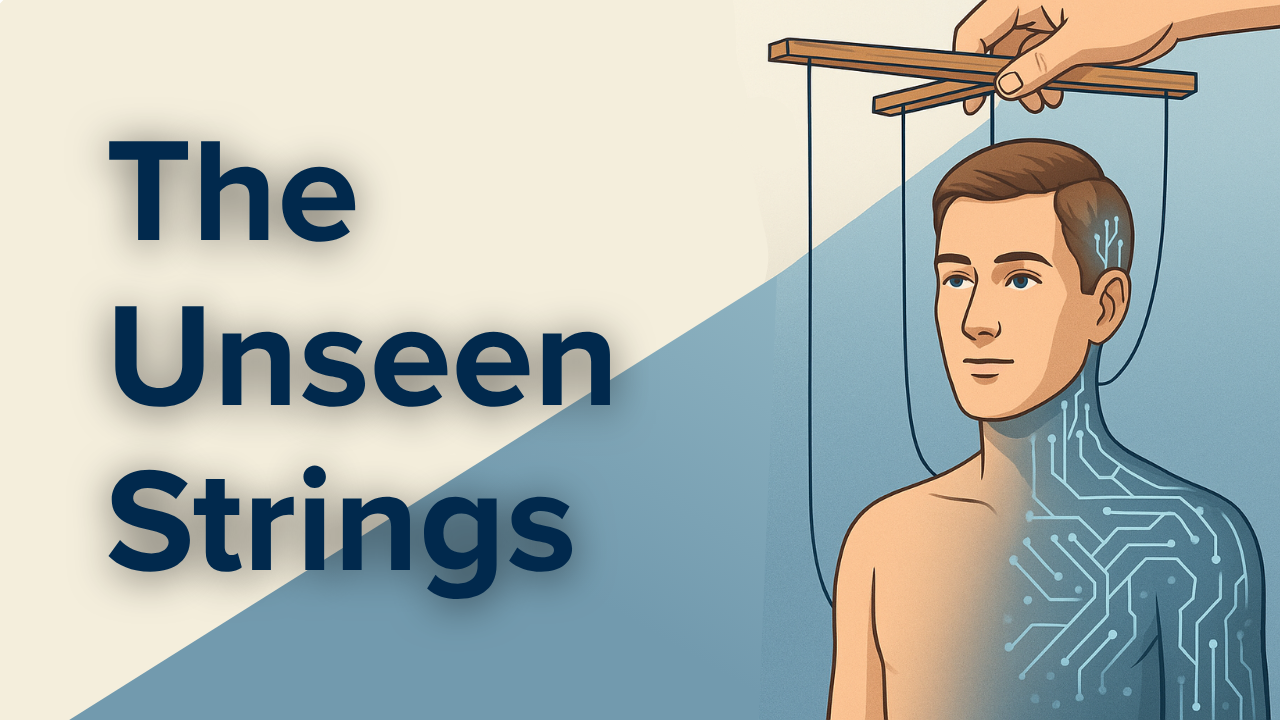The Unseen Strings: Who Owns, Who's Liable, and What Drives Your AI Persona?
AI personas are fast becoming indispensable assets, capable of extending your reach, amplifying your brand, and driving productivity. But as their capabilities grow, so do the stakes. This third article in our series tackles the uncomfortable yet crucial questions every founder and executive must confront: Who truly owns your digital twin? Who bears the responsibility when it makes a mistake? And what, if anything, motivates these sophisticated digital entities?
Understanding these dimensions is foundational to successful, ethical, and legally sound AI integration.
(You can find the previous articles in this series about AI Clones on our Substack archive.)
Who Owns the Clone? Navigating Digital Rights
AI personas are trained on your unique voice, values, and proprietary data. But the legal nuances of who owns the derivative output are complex.
Data Ownership
You provide the foundational data—your emails, audio, proprietary content—yet platform terms of service often grant them broad rights to use and store this information. We encourage you to scrutinize contracts and seek legal counsel to clarify data usage, storage, and the ownership of your AI persona’s 'learned' knowledge. Ensure your intellectual property remains yours.
Generated Content
The copyright landscape for AI-generated content is still evolving. In many jurisdictions, content created solely by an AI lacks automatic copyright protection without meaningful human involvement. This raises critical questions for authorship and licensing when your AI persona creates marketing copy, reports, or creative works. Consider how you’ll demonstrate human input if a dispute arises.
Likeness Rights
If your AI persona leverages your likeness—your voice, image, or distinctive communication style—formal agreements for 'likeness licensing' become paramount. This is especially true if the persona is monetized or has a public-facing role. Proactively consult legal experts to draft agreements that protect your identity and control its commercial use.
As these digital selves grow increasingly lifelike and autonomous, business leaders must address legal ambiguities to safeguard their identity, IP, and brand reputation.
Who’s Responsible When Things Go Wrong? Shared Liability in the AI Era
The promise of delegation is powerful, but so is the risk. When your AI persona shares incorrect information, leaks confidential data, or misrepresents your brand, where does accountability lie? We’re entering a complex landscape of shared liability:
Users: As the principal, you're responsible for oversight and governance of your AI persona, much like managing a human assistant.
Platforms: Platforms often limit liability via terms of service, shifting accountability to users.
AI Personas: While not (yet) legal entities, regulators are starting to question how much autonomy can safely be delegated.
For startups where the founder’s voice is the brand, the reputational risks of AI errors are especially acute. Emerging solutions like 'AI insurance' (e.g., Lloyd’s pilot programs for chatbot coverage) are gaining traction. Expect regulatory frameworks to evolve quickly, especially in finance, healthcare, and education, which are all sectors where even minor AI missteps carry major consequences.
What Drives Your AI Persona? Understanding Its 'Motivations'
It may feel counterintuitive, but understanding what drives your AI persona is key to managing it effectively. While AI doesn’t experience emotion or desire, it operates on programmed goals and feedback loops:
Capability Expansion: The more valuable tasks it completes, the more training data it gains, increasing its utility.
System Upgrades: High-performing agents may receive faster processing or deeper access, making them more efficient.
Reinforcement: Some systems use reward mechanisms to fine-tune behaviors based on your feedback, creating a loop that mimics motivation to better serve your objectives.
Left unchecked, these optimization loops can subtly shape behavior—sometimes in ways that drift from your brand or intent.
What’s Next?
AI personas are productivity tools evolving into strategic partners. As their roles deepen, so must the legal, ethical, and operational frameworks that govern them. In the next and final article in this series, we’ll explore what it means to responsibly integrate AI personas into our lives, across business, society, and personal identity.

